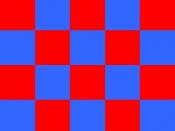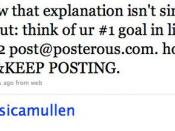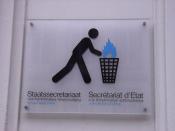I strongly agree with the statement above that it really requires effort and courage to have things simple rather than make things bigger and complicated. For my part, through simplifying things we can not only figure out the concealing rules from complexities, but also acquire more conveniences to save our time and more efficiency to improve our lives. My argument goes as follows:
The progress of science is based on simplification, which requires people's more energies than complication. First of all, I tend to clarify the essential definitions and difference of complication and simplification. In fact, the former is to collect information as much as possible and represent lots of possibilities when people encounter something; yet the latter is to find the rules hiding behind the facts and complexities to serve a shorter way, demanding true effort and courage. To take mathematics as a good example, when asked what is "12x45", we may count the result out by multiplication in five second, but if our ancestors encountered the same problem" what is the total amount of 12 persons holding 45 cows, they might spend an hour in adding them one by one to get the answer.
Apparently, as the deeper rule of addition, multiplication is more efficient in another sample way. Further, in order to resolve more complicated questions such as "what is the area of an ellipse", more effort are required to work out a rule over the multiplication by simplifying its awkward computation. Throughout the history of science, there are thousands of good examples like these illustrating the point that, simplification has been promoting science to get higher levels.
Besides the advance of science, our practical lives also call for a way in making things as sample as possible. In a sense, it seems that our societies and...


